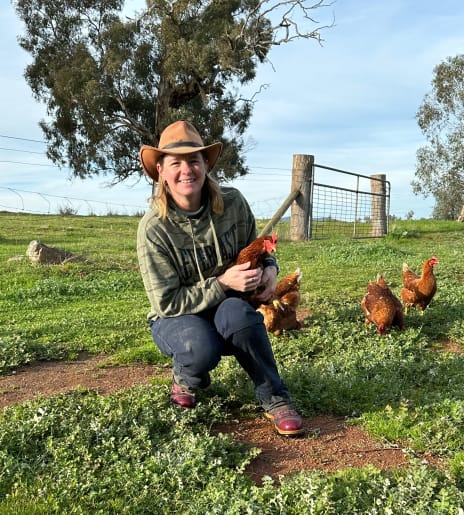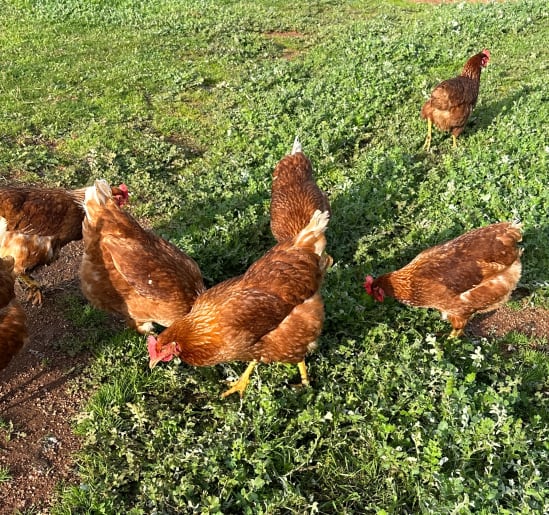A LOCAL egg producer has welcomed the phase out of caged eggs production by 2036 but says time is needed for producers to make adjustments from caged to free range.
Jess Harris runs Sprocket’s Hatchery with her parents on their 30 acre property at Thoona, where they have around 3000 free range chooks.
She said the recent agreement by federal and state governments to endorse an updated version of the Australian Animal Welfare Standards and Guidelines for poultry, recommending a phasing out of cage eggs by 2036 - with time frames/implementation up to each government - was an important move in the industry to improve conditions and welfare of birds.
But Ms Harris said farmers will need time to convert from caged to free range and "this can take a number of years to do”.
She expects some caged egg farmers to be forced out of business as their properties will not allow them to convert to free range.
Latest Stories
Industry figures suggest cage eggs currently make up 31 per cent of egg sales nationally, but with Aldi, Woolworths and Coles all agreeing to stop carrying caged eggs by 2025, market share is expected to fall within the next few years.
Ms Harris said she is already seeing more consumers embrace 'free range' options, with Sprocket's sale of eggs and chickens, including the Mansfield farmers market, up this year compared to 2022.
“We go to the Saturday markets each week at Beechworth, Wangaratta, Bright and Mansfield and see the shift in purchase each week," she said.
“Since COVID, people have become more self-sufficient by purchasing their own chooks through us and the trend is continuing more so with recent announcements as more locals look at opportunities to save costs by purchasing their own chickens to produce their own eggs."
Ms Harris said she expects the price of eggs to increase at supermarkets with the phasing out of caged eggs, as more producers leave the market, shrinking the bird pool and tightening competition.
“Another contributing factor to egg prices is the cost of feed for the birds which has increased in the last two years which does put pressure on farmers to increase prices," she said.
“I believe the phasing out will be a positive step in the right direction, especially when it comes to the welfare of the birds.”
















